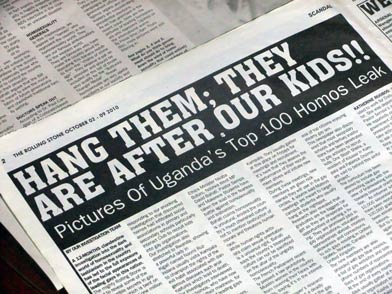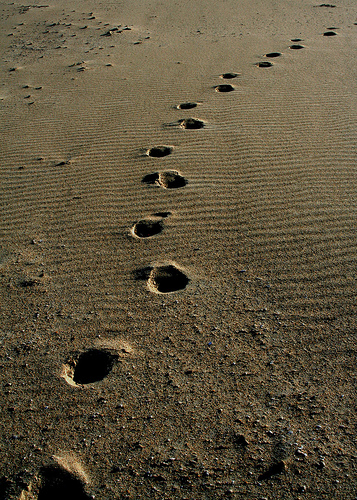But now, the draconian bill which began the chain reaction that led to David Kato's death is back. A copy of Uganda's Parliament Order Paper, dated February 7, 2012, has been making its way around the internet. The return of the "Kill the Gays" bill is a major concern for…
-
-
Year in Review: Top 5 Posts from Last Year
I can't describe how powerful and affirming the experience of looking through pages and pages of words has been; from stream of consciousness prose to pensive morning reflections, from photo-poetry to snippets and chapters from upcoming book projects, I really am blown away by how far I've walked, mentally and…
-
In Memory of David Kato: We Will NOT Abandon Hope for Fear
No doubt David's brave words will resonate with activists and community organizers all over the world. His words along with Gloria's call to action are enough to get me out of my rut, even though I am still sad, and still afraid. The truth is that even though, like so…

